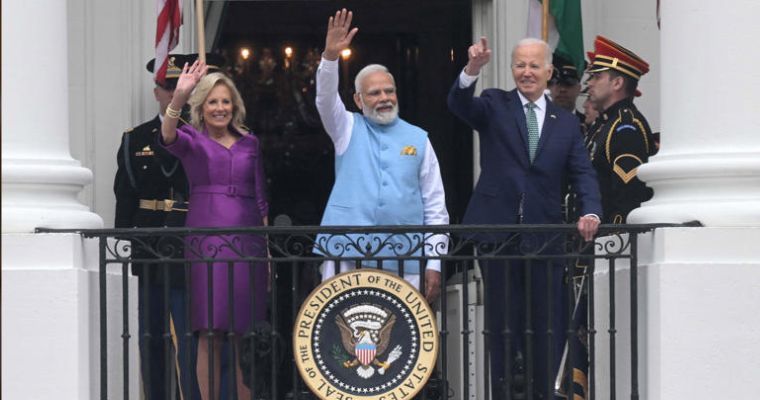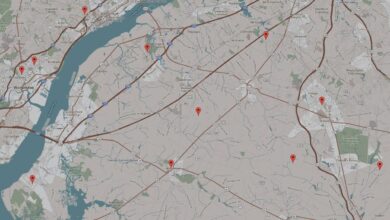
AHMEDABAD, India – On Tuesday, Prime Minister Narendra Modi participated in the third phase of India’s extensive general election. This phase included voting in his native state of Gujarat among 11 regions.
The election, which started on April 19, spans seven phases with nearly one billion eligible voters. The results will be tallied on June 4. Despite concerns about voter turnout, which has slightly decreased from the 2019 elections, the latest figures from the Election Commission indicate a turnout of 61.45% for this phase.
Start your day informed. Subscribe to receive the essential news each morning. More: From a U.S. ban to a state dinner guest: The evolution of Modi’s relationship with the U.S.
Seeking an unprecedented third consecutive term, Modi’s campaign is driven by the agenda of his Bharatiya Janata Party (BJP), which emphasizes Hindu nationalism. Polls forecast a strong victory for Modi against a coalition of over two dozen opposition parties.
Modi cast his vote in Gandhinagar, where Amit Shah, his deputy and the BJP candidate, is contesting. Surrounded by numerous supporters, Modi called on the electorate to partake in this “festival of democracy” while managing the rising summer heat.
During his visit to the polls, clad in saffron and white, Modi engaged with the crowd, signing autographs and interacting with children.
More: Canadian authorities detain suspects in a Sikh assassination case linked to the Indian government
Modi’s electoral strategy showcases his governance record and welfare initiatives, capitalizing on his personal appeal. However, some voters express dissatisfaction, citing soaring food prices as a significant issue despite government subsidies.
In response to the challenges of the initial voting phases, Modi has intensified efforts to galvanize the BJP’s Hindu base, countering the opposition’s perceived pro-Muslim stance. In a recent interview, Modi emphasized his inclusive vision for all communities, particularly focusing on the future development of Muslims in India.
More: Missteps by U.S. presidential candidates: Do they influence public opinion?
Despite previous successes in these regions, the BJP faces stiffer competition this year, with the opposition gaining ground in places like Karnataka. The Election Commission is actively promoting voter participation, collaborating with various agencies to mitigate the effects of the heatwave on voter turnout.


